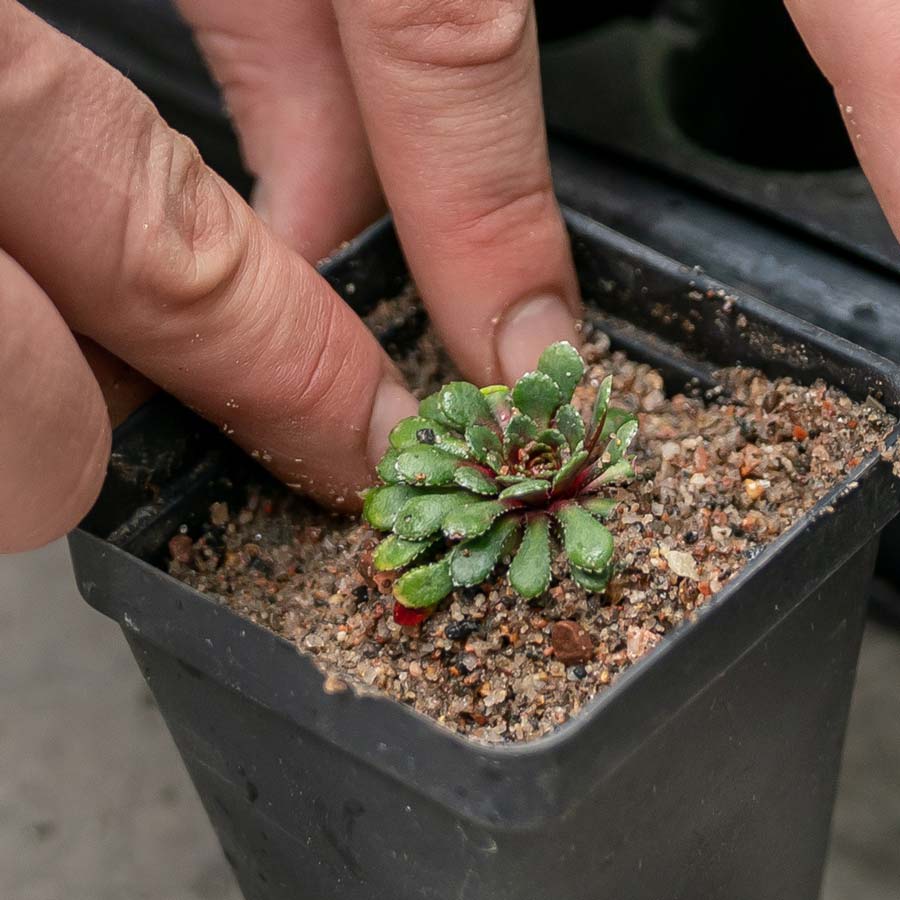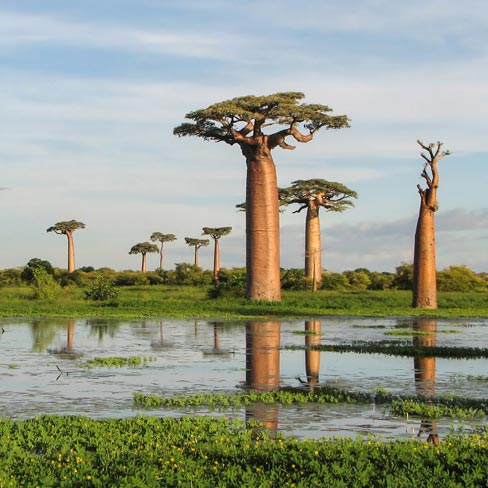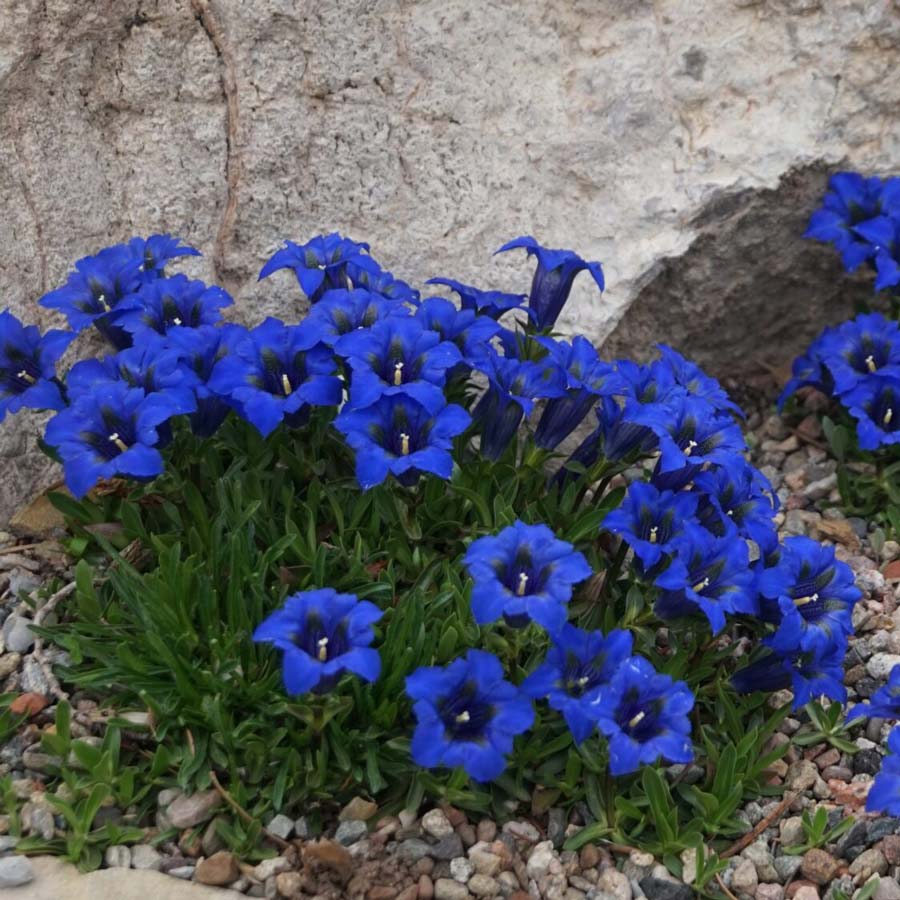Alpine Plant Conservation
Plant conservation is an integral part of Betty Ford Alpine Gardens. Our goal is to educate visitors about the deterioration of plant biodiversity around the world and particularly the vulnerability of the world’s high alpine flora.
At 8,200 feet on the Roof of the Rockies, Betty Ford Alpine Gardens is uniquely positioned to address conservation of the fragile alpine environment. The Gardens has partnered with Denver Botanic Gardens to author the North American Botanic Garden Strategy for Alpine Plant Conservation. Through a series of Objectives and Targets the goal of the strategy is to create a plan for protecting North America’s alpine plants.









